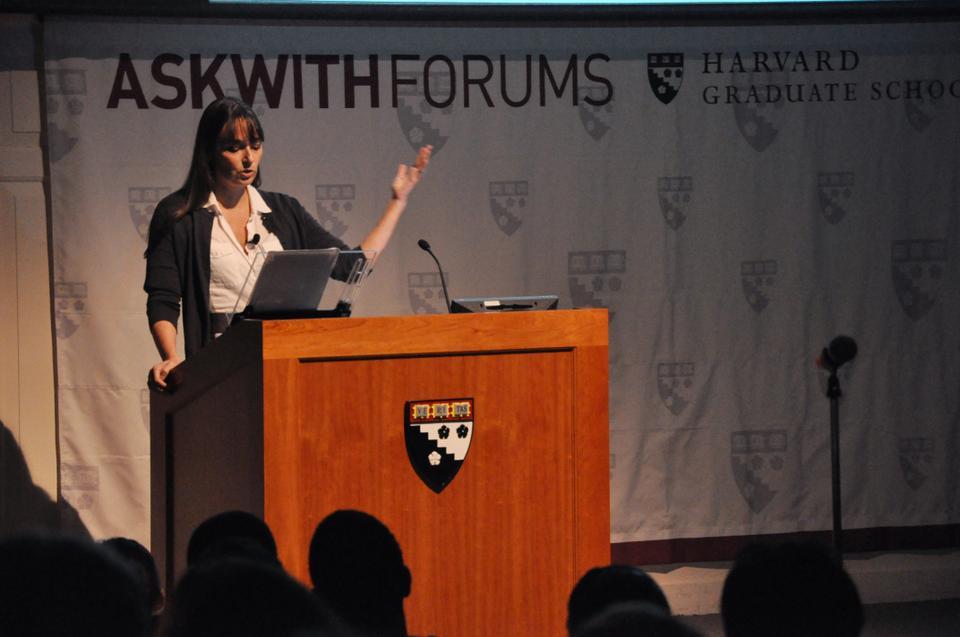
News
Summers Will Not Finish Semester of Teaching as Harvard Investigates Epstein Ties

News
Harvard College Students Report Favoring Divestment from Israel in HUA Survey

News
‘He Should Resign’: Harvard Undergrads Take Hard Line Against Summers Over Epstein Scandal

News
Harvard To Launch New Investigation Into Epstein’s Ties to Summers, Other University Affiliates

News
Harvard Students To Vote on Divestment From Israel in Inaugural HUA Election Survey
Bial Discusses Race and Merit

Deborah Bial, president and founder of the youth leadership development program Posse Foundation, highlighted the differences in quality of higher education and career opportunities faced by students from different racial and socioeconomic backgrounds yesterday at the Harvard Graduate School of Education.
Bial, a 2007 MacArthur Fellow and 2004 HGSE graduate, challenged the concept of “merit” as defined by traditional indicators such as standardized test scores and GPA in front of an audience of about 100 students and local educators.
These indicators, she said, jeopardize equal opportunities for education and success for students from poorer backgrounds, many of whom are black and Latinos who do not perform well on standardized tests due to a lack of resources.
Black and Latino students are largely underrepresented in the nation’s top-ranked universities and in leadership positions in the U.S. workforce, Bial said.
Of the Fortune 500 company chief executives, five are black and seven are Latino, she said.
But the solution is not to redirect resources based on race, Bial said.
The United States needs a system of “meritocracy...in which everyone has the chance to succeed based on behavior or conduct worthy of award,” she added.
The Posse Foundation, a nonprofit that partners with higher education institutions to award qualified students with four-year, full-tuition leadership scholarships, emphasizes these values, Bial said.
“Posse doesn’t screen for race.” Bial said, adding the foundation uses broad measures to determine nominees’ merits, such as problem solving and communication skills.
Several Posse Scholars currently studying at Boston University in the audience shared their own stories of growth and education.
Lynette Correa, founder and CEO for Career Coaching 4 Kidz who attended yesterday’s talk, said she found some of the statistics useful for educators like herself, which included information as recent as 2008-2010.
But some audience members said they were disappointed with the talk’s narrow focus.
“The talk only addressed the result of the politics of race and class, but not the causes of the result,” said Ely Dorsey, a physicist at the Massachusetts Maritime Academy. According to him, the talk did not touch on why race is used against the American population to maintain a class system. “Only addressing the fact is [like] putting your finger in the dike.”
Want to keep up with breaking news? Subscribe to our email newsletter.
